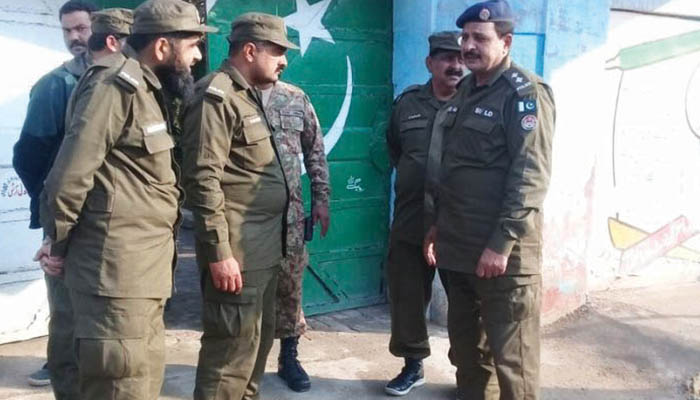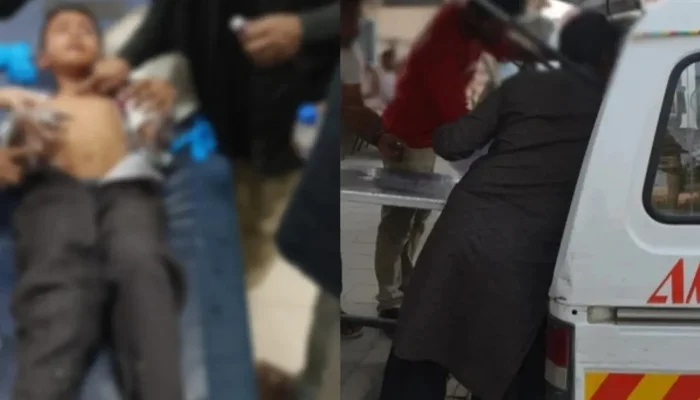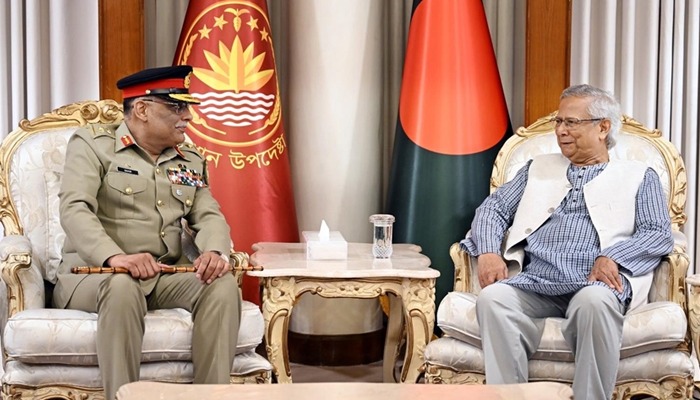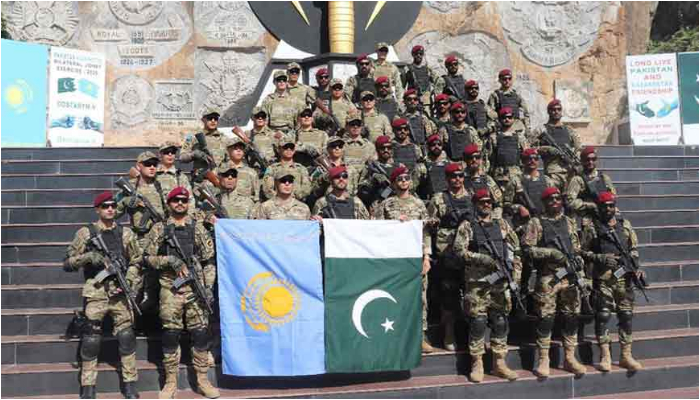MULTAN: Policing has always been a tricky affair to manage in South Punjab — an area of varied topography and landscape with a diverse population mix with more dwelling in rural areas.
Comprising three divisions including Multan, Dera Ghazi Khan and Bahawalpur, previously policing in the region was in the administrative control of the Punjab inspector general of police (IGP).
However, the Pakistan Tehreek-e-Insaf (PTI)-led government, reportedly honouring the demands of South Punjab’s people, has established a separate police secretariat. This is under the additional inspector general of police with “more authority and liberty” to resolve the problems of the people at their doorstep.
The development was well received by the people as a first step towards materialising their dream of a separate South Punjab province.
Policing in any country, region or area means curbing crimes and promoting a sense of security among the people. It is a good omen and would help promote better policing, said South Punjab Additional Inspector General (AIG) Zafar Iqbal. “Having powers at this secretariat would improve police investigation, improve efficiency and promote police image. South Punjab police office has been entrusted with supervisory and monitoring powers to transfer and posting of police officers up to BPS-18 and punish or reward personnel from constable to inspector level.”
After coming to power, the PTI-led government leaped forward with a reform agenda and establishment of civil and police secretariats in South Punjab to maintain law and order in its 11 districts hosting 44 per cent of the population of Punjab.
“To ensure fair investigations, we have introduced a special board for deputing honest investigating officers in agreement with the confronting parties. We have addressed 2,700 complaints out of a total [of] 3,000 during the past one and half years,” the AIG added. “Many initiatives were taken during this period including the horse-riding cops or mounted police to provide security to tourists, especially at Fort Qasim.”
Criminals confronted
He further said that despite operational difficulties, police countered the dangerous Laadi dacoit gang, eliminating this symbol of fear in the mountainous areas of Dera Ghazi Khan and Rajanpur.
Moreover, he stated, to improve the law and order situation especially in katcha areas, two sub-divisions have been introduced in Bhong (Sadiqabad) and Sanawan (Kot Addu). This helped in effective monitoring and curbing crimes.
“It was the task of controlling crime in the riverine (katcha) areas that proved to be a big challenge. Establishing police pickets in the area had brought down crime significantly. I myself pay surprise visits to police stations to improve the performance of cops.”
He highlighted that a new police training school has been set up in Dera Ghazi Khan in addition to the one already working in Multan, to impart modern training to police personnel.
To overcome corruption and ensure proper funding, the government has promised direct funding to police stations that would help resolve “many issues,” he said.
The AIG revealed that an internal accountability department under the supervision of the Punjab additional IG was also working to “check corruption.”
“A project for the establishment of a forensic science laboratory in Multan has been finalised that will help expedite the investigation process in the days ahead. We need such labs at every division level across Punjab.”
The AIG confirmed that under the Multan Safe City project, a total of 100 cameras had been installed so far and linked to the police control room. “We are also planning to link private CCTV cameras, installed at shops and houses, with the main police control room to ensure round-the-clock monitoring.”
Moreover, the South Punjab secretariat is also imparting information technology (IT) skills to train cops in the latest investigation techniques. Presently, the IT-trained staff has been deputed at the front desk to evaluate FIRs and ensure their earliest possible registration.
A separate secretariat is substantially benefiting the public through improvement in service delivery, commented Punjab Parliamentary Secretary on Information and Culture Muhammad Nadeem Qureshi. “People who had to travel to Lahore for change of investigations or other related matters can now get their issues resolved at this secretariat.”
“It is equally beneficial for the people, the administration and the parliamentarians. There was a time when people had to stay in Lahore for days to meet the provincial police chief. But now their problems are resolved at this secretariat without much hassle,” he added.
Like common people, this initiative has also benefited the lawyers’ community as Multan High Court Bar Association acting vice president (VP) Shahzad Jafri appreciated improving law and order situation.
“Police infrastructure in South Punjab witnessed progress in policing and law and order with establishment of more police stations. It has reduced the crime rate in target areas. However, we need to further promote modern policing for the peoples’ safety and better life,” commented the senior lawyer.
Mohammad Tariq Ismail, another legal practitioner from Vehari, termed the new police set-up as a step forward for mitigating the common people’s hardships.
“But still we need to bridge the gap between police and citizens on top priority to make them feel a sense of security and safety. Once it happens, it will propel a new era of community policing and a better partnership against crimes.”
The people believe this journey towards better policing in the region should be a continuous process to keep benefiting all citizens, for which they had to wait for decades.—APP



















